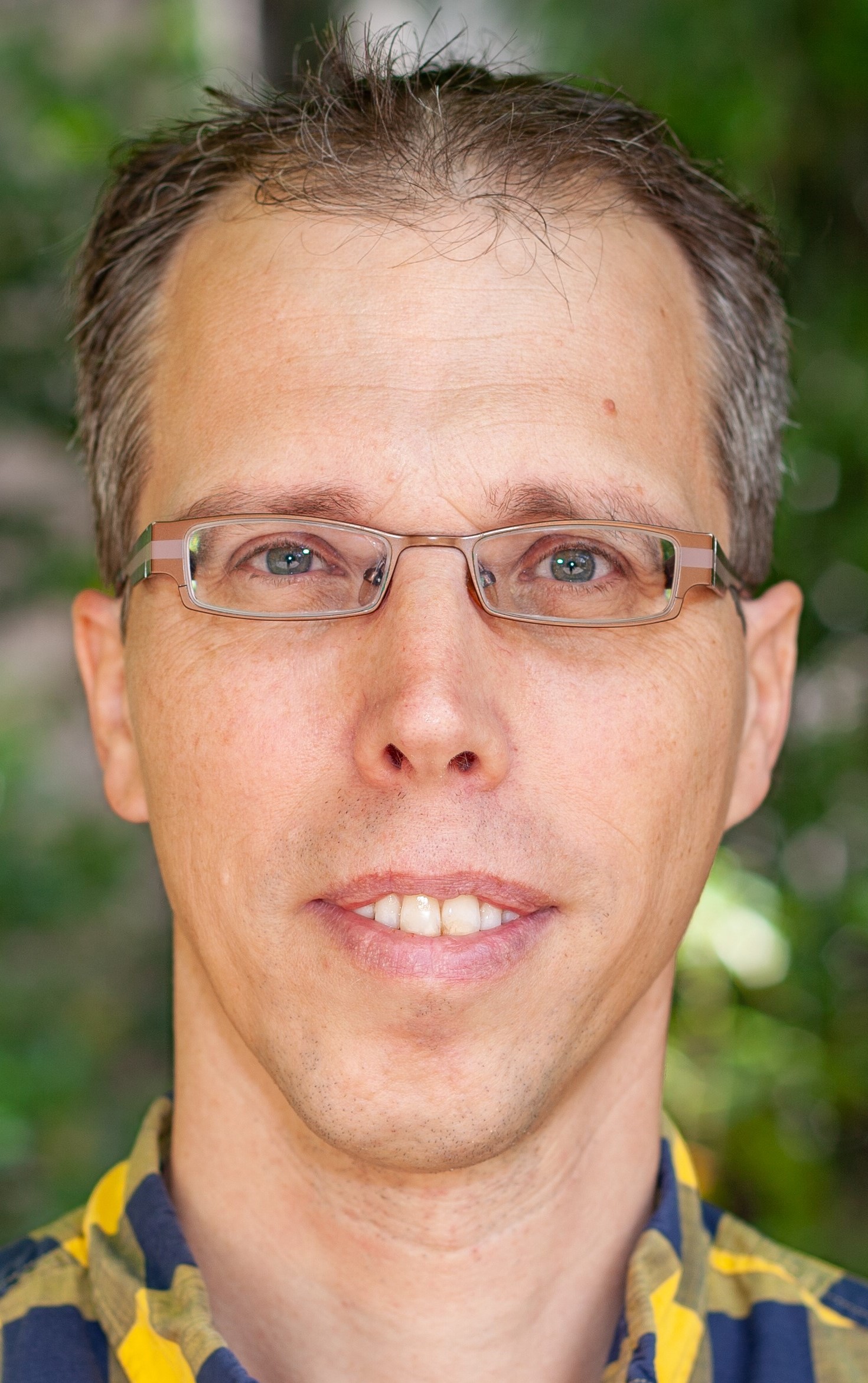
Martijn van de Pol
- martijn.vandepol@jcu.edu.au
 https://orcid.org/0000-0003-4102-4079
https://orcid.org/0000-0003-4102-4079- Associate Professor, Mathematical Modelling
Projects
0
Publications
83
Awards
5
Contact Details
- +61 (0)7 478 15580
- martijn.vandepol@jcu.edu.au
- https://myscience.eu/martijn/
-
Science Place
1 James Cook Drive
Douglas, QLD 4811
Biography
Martijn is a global change ecologist studying how wildlife copes with our rapidly changing environment and what we can do about it to work towards a Nature-postive world. In his research he takes a quantitative approach by estimating how strong imapcts are, how certain we can be about them, translate what this means for population numbers and determine what the most efficient way is to mitigate biodiversity impacts. Mathematical modelling and statistical tool development are combined with data collection from the field (e.g. GPS-tracking of birds and airplanes), often taking a landscape or even global perspective (e.g. comparative analysis on multi-species datasets).
Martijn was repeatedly listed in the top 1% of Stanford's ranking of globally most cited scientists (Ioannidis et al. 2018, 2020, 2021, 2023). He sits on the Editorial Board for Proceedings of the Royal Society B and coordinates JCU's Bachelor of Advanced Science and the Honours program of the Bachelor or Science. Before joining JCU in 2021 he worked at various institutes across the globe (Netherlands, Germany, Norway) and as an ARC Future Fellow at the Australian National University.
Interested in joining?
I am keen to advise PhD, Masters-by-Research, Honours and Postdoc projects on topics that improve our understanding of how organisms cope with environmental change (or any other topic that you can convince me is exciting). I encourage you to develop your own ideas, but below are some example topics that could be particularly suitable and timely.
If you are interested, please reach out (martijn.vandepol@jcu.edu.au) with a summary of your previous research experience, and the type of research project that you wish to undertake (or drop by my office for a chat). PhD/MPhil Scholarships schemes are available for both domestic and international students (deadlines for itnternational student are each year in August). Australian and New Zealand students can apply year-round and have good chances. China Scholarship Council (CSC) scholarship also offers funding for Chinese students who would like to study for a PhD in Australia. Postdocs can explore the ARC-DECRA fellowship scheme, or overseas funding opportunities (e.g. EU MSCA global postdoctoral fellowship allow for Europeans to work in Australia).
Ideas for project topics:
- Preparing bilbies for feral weather: developing an early warning system for conservation management
- Statistical tools for robust climate change biology
- Population dynamical responses to climate change on a continental scale.
- Demographic models of the evolution of cooperation.
- The impact of sea level rise on shorebirds – a global analysis.
Ongoing funded research projects
- Cumulative Human Impact of Bird Populations (2016-22; funded by applied research council, Air force, NAM gas mining, BirdLife). Two PhD students and a postdoc quantify how sea level rise, soil subsidence, disturbance, fisheries, climate change and agricultural intensification accumulate to affect bird populations and identify the most efficient mitigation and conservation actions.
- Studying “Wild eco-evolutionary dynamics: the decline of an iconic Australian bird”, (ARC Discovery grant 2018-2023, with Loeske Kruuk & Andrew Cockburn, ANU).
- Involvement in various other projects as a partner investigator:
- ‘Individual heterogeneity in animals’ life-histories’, with Stephanie Jenouvrier - Woods Hole Institute USA & Remi Fay - NTNU Norway.
- sTraitChange studies how trait responses to climate change translate into demographic rates and population dynamics, led by Viktoriia Radchuk IZW Berlin.
- ‘When is global change too much? Limits to plastic responses in wild birds’, led by Celine Teplitsky, CNRS France.
- ECOVAR studies how to manage ecosystems in an increasingly variable world, led by Yngvild Vindenes, Oslo University.
